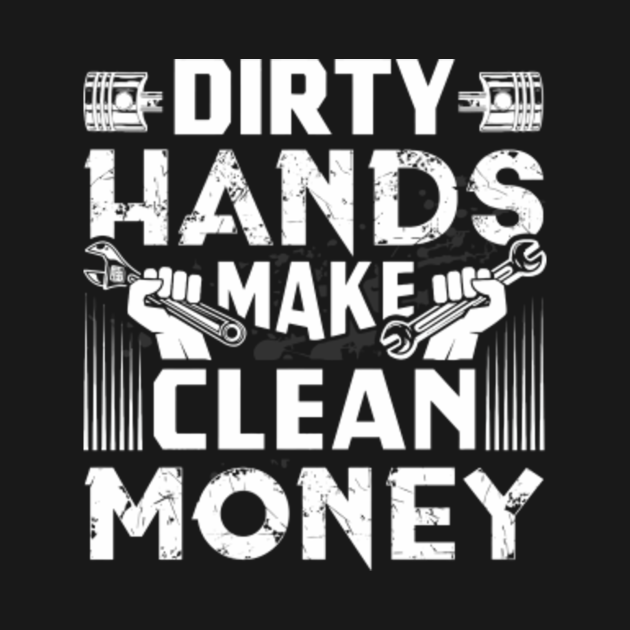

The average population will always consider a democratic leader to be worse than them. They feel that their interests should be looked after in the most moral way. The public lays the standards that a politician should meet. The public lays judgment on how they conduct themselves. Any deed or decision they make is subject to public criticism. Once a leader gets into power, he is within the public limelight. The media plays a great role in amplifying the use of “dirty hands” in politic. Thus at a certain point in life, using “dirty hands” is inevitable. Our morality both as private citizens depends on what we do and what other people do. Their moral nature relies on us, what we do at the time of action and our past deeds. Michael Stocker says that the actions of man are not fresh moral starts (Walzer, 1974).

Thus for any person to be a good and effective leader, they should be well prepared to renounce morality and live within its truest nature (as an evil and as a virtue). They should use morality so that they can lead their followers well. In spite of such powerful reason, leaders must not be immune from the requirements and needs of morality. At certain instances like that of the suspected terrorist, moral reason does not prevail in the choices that leaders make. In politics, one has to have the knowledge of how not to be good.

Any man in politics, who does not want to harm anything, will ruin almost everyone at the end. In politics, immorality is a both a virtue and an evil (Khawaja, 2004). However, if the suspected terrorist reveals information that will save the lives of citizens then that will be sacrificing for the good of the whole nation. For instance if a leader tortures a suspected terrorist, that is violation of the moral code. At times when the lives of the citizenry are at risk, it is legal to commit immoral acts like deceiving, betraying, cheating, or even murder and torture where these acts violate the moral laws that bind everyone.
Dirty hands clean money code#
Machiavelli states that the politics is a very challenging especially when a leader has to observe a moral code (1984). This leader’s act in the face of temptation and the public is what will label him clean or dirty. Hypocritically, they are quick to judge the politician who got tempted once. The private citizens live their lives away from the “public eye.” In their daily lives, they also encounter temptations and many a time they succumb. This is where the problem of dirty hands begins. However, the private citizens demand that their leaders follow the moral code to the letter. Political rulers and private citizens live the same life. He then goes into the world where the “good of the whole “takes the center stage (Machiavelli, 1984). In the first place, for a person to become a politician, he or she has to sacrifice his personal or private life. He has to use the theory of utilitarianism to govern his electorate. Machiavelli proposes that in politics, a leader has to compromise. Machiavelli was an Italian writer and philosopher and a municipal servant of the Republic of Florence. Niccolo di Bernado dei Machiaveli (1469-1527) was the main founder of modern day political science. This essay justifies the necessity of dirty hands in the politics of modern day governments. It is important for the public to understand that political leaders have to break the rules that prevail outside the sphere of politics. In this theory, the solution will always justify the means. This should be the most important thing when making a decision. According to the theory of utilitarianism, it is best if a politician considers the greatest good for the majority of persons. Politics is based on making decisions, sacrifice and compromising the moral authority so that one can be able to take part in political activities.

This problem focuses on the moral situation and the responsible moral actor. It is commonly perceived that the problem of dirty hands looks at the dilemma and the immediate choices that politicians have to consider. An immorally corrupt politician does not feel guilty of moral wrongdoings while the one with dirty hands feels guilty for going against the morals. In the study of politics, “dirty hands” is a term that refers to politicians who opt to make decisions that go against the morals or laws of the society so that they can serve the interest of the public.


 0 kommentar(er)
0 kommentar(er)
